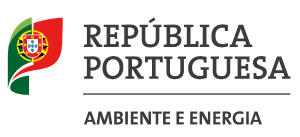Issuance of Low-Carbon Fuel Certificates
Following the publication of Decree-Law No. 84/2022 of December 9, ENSE, as the supervisory authority for the energy sector, remains responsible for issuing Low-Carbon Fuel Certificates based on the monthly information provided by ECS (LNEG).
Each month, ENSE discloses the number and type of certificates issued for both domestic and imported low-carbon fuels that have met the sustainability criteria set out in Decree-Law No. 84/2022 of December 9.
Note: The data is updated regularly based on the information reported by ECS (LNEG).
Legend:
TdB: Biofuel Certificate
TdC: Renewable Fuel of Non-Biological Origin Certificate
TdB-D: TdB issued for biofuel substituting diesel
TdB-G: TdB issued for biofuel substituting gasoline
TdB-A: TdB issued for fuel derived from feedstocks listed in Part A of Annex I of Decree-Law No. 84/2022
TdB Double Counting: Bonus TdB issued for biofuels derived from feedstocks listed in Annex I of Decree-Law No. 84/2022 (Part A and Part B) – counted as twice their energy content
Validity of Biofuel Certificates
Article 40(4) of Decree-Law No. 84/2022 of December 9 states: “TdB and TdC certificates are valid for a period of two years from their date of issuance.”
Accordingly, and given that the current legal framework establishes a validity period of two years, the National Entity for the Energy Sector, E.P.E. is bound to comply with this timeframe.

